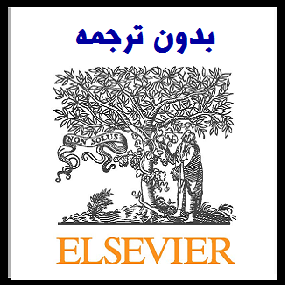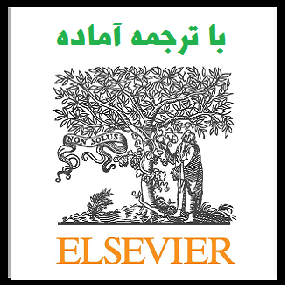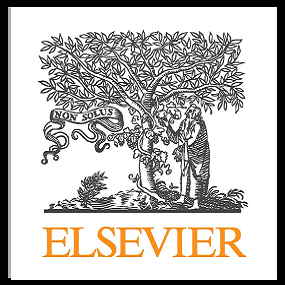دانلود رایگان مقاله BTEM: مکانیسم ارزیابی اعتماد مبتنی بر اعتقادات برای شبکه های حسگر بی سیم – سال 2019


مشخصات مقاله:
عنوان فارسی مقاله:
BTEM: مکانیسم ارزیابی اعتماد مبتنی بر اعتقادات برای شبکه های حسگر بی سیم
عنوان انگلیسی مقاله:
BTEM: Belief based trust evaluation mechanism for Wireless Sensor Networks
کلمات کلیدی مقاله:
شبکه های حسگر بی سیم، گره های مخرب، اعتماد، امنیت، برآورد بیزین
مناسب برای رشته های دانشگاهی زیر:
مهندسی فناوری اطلاعات – مهندسی کامپیوتر
مناسب برای گرایش های دانشگاهی زیر:
شبکه های کامپیوتری – امنیت اطلاعات
وضعیت مقاله انگلیسی و ترجمه:
مقاله انگلیسی را میتوانید به صورت رایگان با فرمت PDF با کلیک بر روی دکمه آبی، دانلود نمایید. برای ثبت سفارش ترجمه نیز روی دکلمه قرمز رنگ کلیک نمایید. سفارش ترجمه نیازمند زمان بوده و ترجمه این مقاله آماده نمیباشد و پس از اتمام ترجمه، فایل ورد تایپ شده قابل دانلود خواهد بود.
فهرست مطالب:
Outline
Highlights
Abstract
Keywords
۱٫ Introduction
۲٫ Literature review
۳٫ Proposed model
۴٫ Implementation of proposed mechanism
۵٫ Conclusions and future work
Acknowledgments
References
قسمتی از مقاله انگلیسی:
Abstract
With the emergence of WSNs in the recent times, providing trustworthy and reliable data delivery is challenging task due to unique characteristics and constraints of nodes. Malicious node can easily disrupt the integrity of network through the inclusion of false and malicious data and initiate internal attacks. Detection of malicious nodes using trust-based security is an effective and lightweight countermeasure as compared to key based security schemes which incurs higher overhead costs. The WSNs will play greater role in the next-generation IoT systems and a compromised node can jeopardize the availability and authenticity of sensory layer. In this paper, an efficient Belief based trust evaluation mechanism (BTEM) is proposed which isolates the malicious node from trust-worthy nodes and defend against Bad-mouth, On–Off and Denial of Service (DoS) attacks. Bayesian estimation approach is used in gathering direct and In-direct trust values of the sensor nodes which further considers the correlation of the data collected over the time and then estimate imprecise knowledge in decision making for secure delivery of data thus avoiding the malicious nodes. Compared with existing approaches, the proposed BTEM performs better in the detection of malicious node (MN), with lesser delay and improved network throughput.
1 INTRODUCTION
Network reliability and the integrity of collected information are based on trustworthy communication between the deployed sensor nodes. To enhance the cooperation and establishing secure communication in WSN it is important to detect and isolate malicious sensor node which disrupts network communication and drop, the data packets legitimately. Internal network attacks such as malicious node attacks remain a formidable challenge for researchers although various trust and traditional security solutions for WSNs are in place but still there is need to fill this gap. In the recent past wireless sensor networks gained significant popularity due to their wide spread use in variety of applications such as cyber-physical systems, Internet of Things (IoT), disaster response applications such as forest fire monitoring, battle field, environmental and pollution monitoring, health and energy sectors [1-3].




